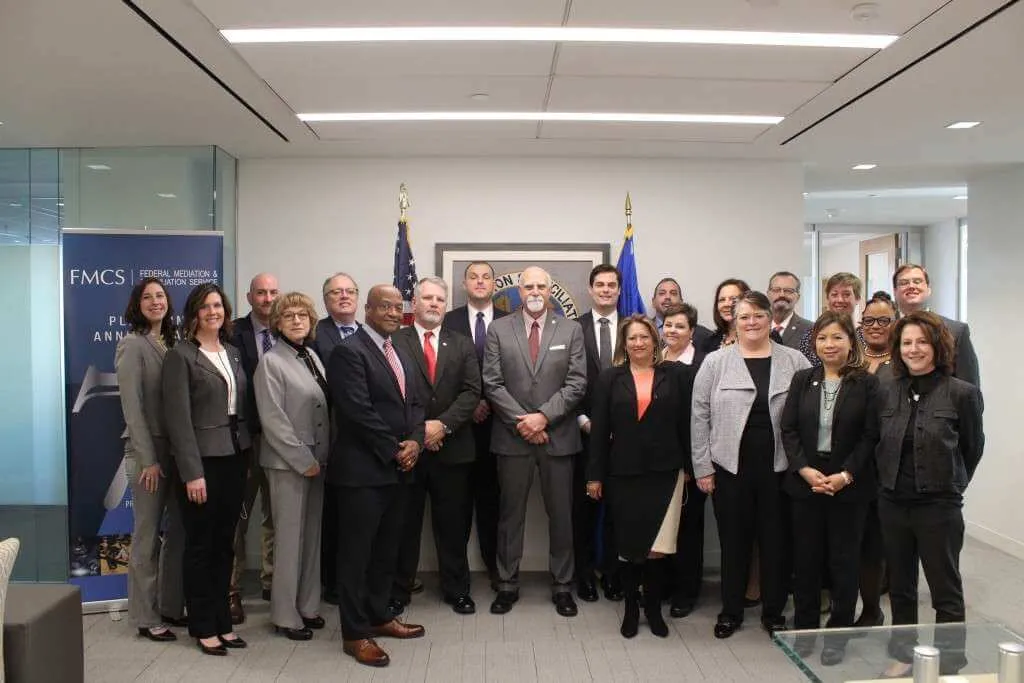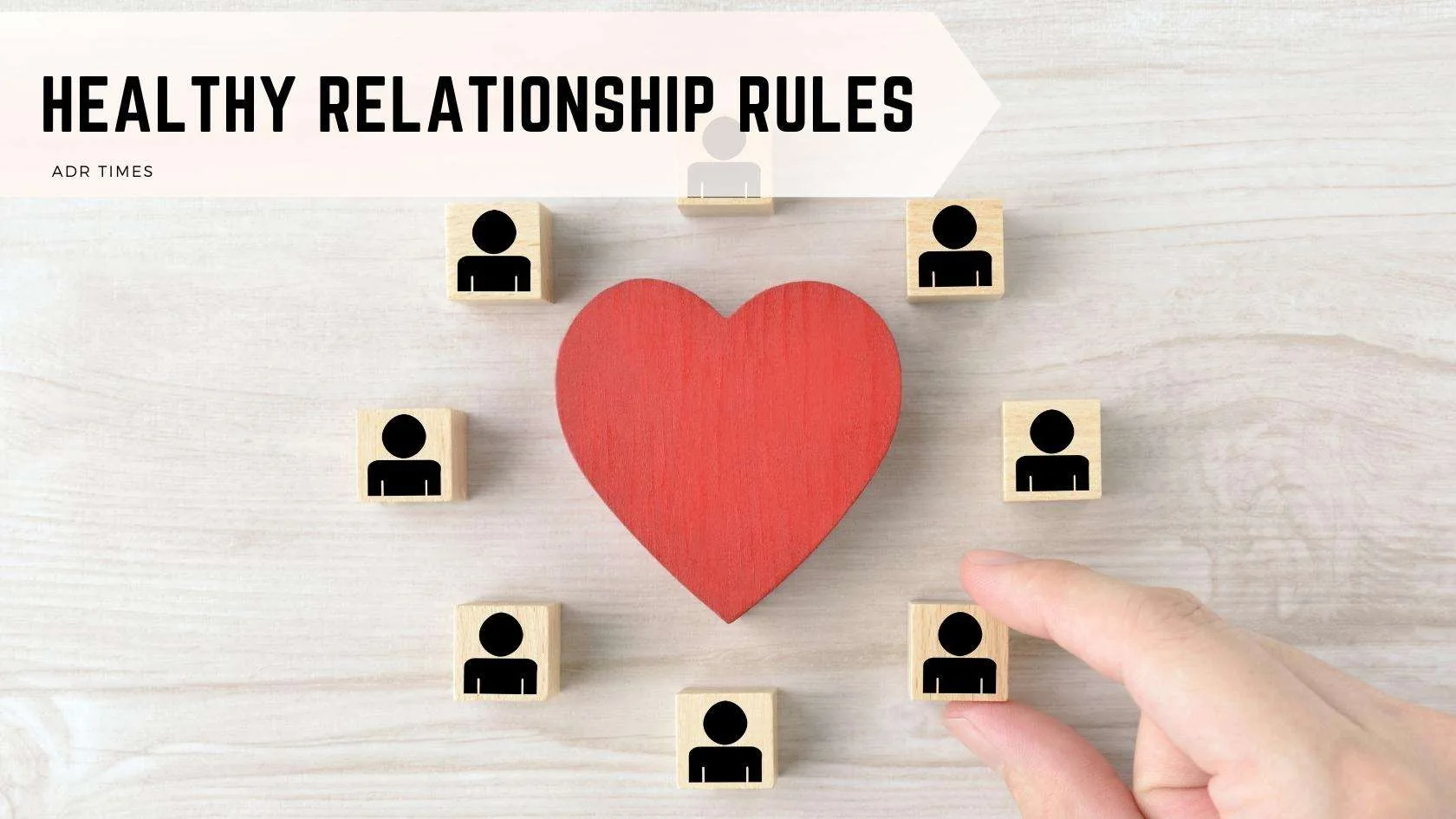Negative Sum Games: Situations That Destroy Value
Negative sum games – what does it mean? While most people attend a mediation or negotiation hoping to walk away with the most possible value, when the goodwill between the parties breaks down, they may leave the table with little to nothing to show for their work. When both parties leave the table feeling as …










